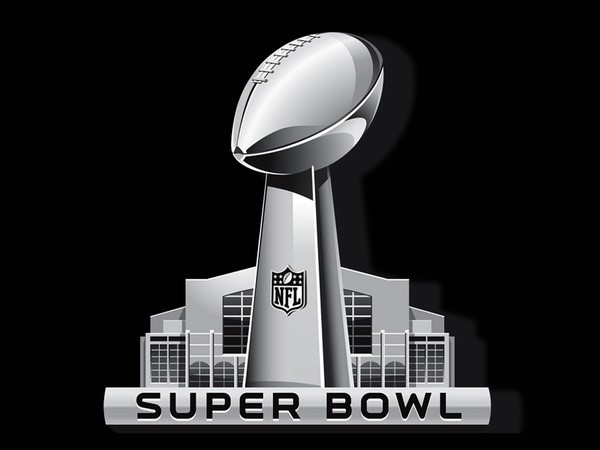This year's Super Bowl advertisers turned to the power of demonstrating shared values in order to connect with today’s consumer.

If a TV ad doesn’t entice viewers to buy the product, it’s a failure. Judging by some of the ads seen during this year’s Super Bowl, companies are recognizing the power of demonstrating shared values in order to connect with today’s consumer.
A Budweiser ad shows a plant manager halting beer production in the middle of the night in order to fill cans with water to aid in hurricane relief efforts. Stella Artois devoted its time to promote a program that provides clean water to people in developing countries.
These ads provide clear illustrations of the power of sharing examples of social responsibility – aligning with The Center for Food Integrity (CFI) trust model proving shared values are much more important than information or expertise when it comes to earning consumer trust. Recent research shows consumers now believe their greatest impact on society comes not through voting or community involvement, but through their purchases. And values alignment is an important component of consumer purchasing decisions.
Whether it’s sponsoring a Little League team, a staff Habitat for Humanity volunteer program or efforts to provide fresh water for people in need, those in the food industry who are not documenting their community betterment efforts are missing an opportunity to connect with today’s socially-conscious consumer.
Another commercial during the big game featured snippets of telephone conversations as people thanked first responders for their efforts. Only after the words, “They answer the call. We make sure they can get it” does Verizon’s logo appear at the end of the 60-second spot.
Not to equate farmers with firemen, policemen and other front-line emergency responders, but all have earned high levels of trust and respect. Food companies and suppliers who sell to and buy from farmers likely face a much lower level of trust as evidenced by CFI's research showing the “big is bad” mindset among consumers is very real.
Food system stakeholders would do well to identify farmers as “heroes” who care for the land and provide quality animal care as part of delivering healthy, affordable food. As with the Verizon ad, farm suppliers and food companies can say they provide the tools farmers need to be guardians of the earth and animals.
Agriculture and food have traditionally relied on economics and science to validate their practices and products. Year over year in CFI’s consumer trust research, we see reinforcement that consumers believe that big is bad – that companies will put their interests ahead of consumer interests.
We learned more than a decade ago that while facts and science are imperative, they’re not the most important element if the goal is to grow trust in food. As seen in this year’s Super Bowl ads, sharing stories and data that demonstrate values is an integral part of earning trust. Once shared values have been established, the door is open to introduce factual justification for today’s modern food production practices.
About the Author(s)
You May Also Like


.png?width=300&auto=webp&quality=80&disable=upscale)
